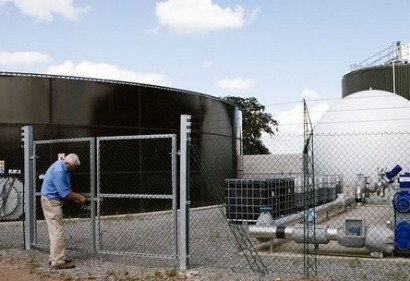
The paper discusses barriers which remain to the technology, and how these can be overcome.
There are now 92 AD plants outside the water sector in the UK, compared to 69 in late 2011. An independent report by thinktank CentreForum published in July 2012 showed that AD already generates four times more energy than solar PV, and has the capacity for 800% growth by 2020 with the right support.
“DECC’s updated roadmap details some good progress on renewable energy, reflected in steady growth in AD in 2012, and lays out some helpful actions for the sector as a whole," said Charlotte Morton, ADBA chief executive.
“However, delivering the coalition’s commitment to a huge increase in energy from waste though anaerobic digestion requires a much more focussed effort – and the government’s roadmap doesn’t even have a specific section on AD, or mention the potential for biomethane as a transport fuel. ADBA’s Anaerobic Digestion Roadmap, also published today, contains some simple actions which fill in these gaps," Morton said, adding, “AD could bring huge benefits to the UK, not only as a flexible, constantly generated form of renewable energy but by providing more sustainable waste treatment, supporting climate-smart farming and improving our air quality. "
Morton went on to say, “DECC’s roadmap alone will not bring the coordination across government needed to realise these benefits – waste policy needs to maximise the organic material available for AD, bioenergy policy needs to support good practice and compare technologies by common criteria, and biomethane in transport needs a more attractive framework of support.
“We look forward to working with government in 2013 to help realise as much of this roadmap as possible, alongside actions set out in DECC’s update such as the publication of voluntary guidance on growing crops for AD,” she said.
For additional information:

